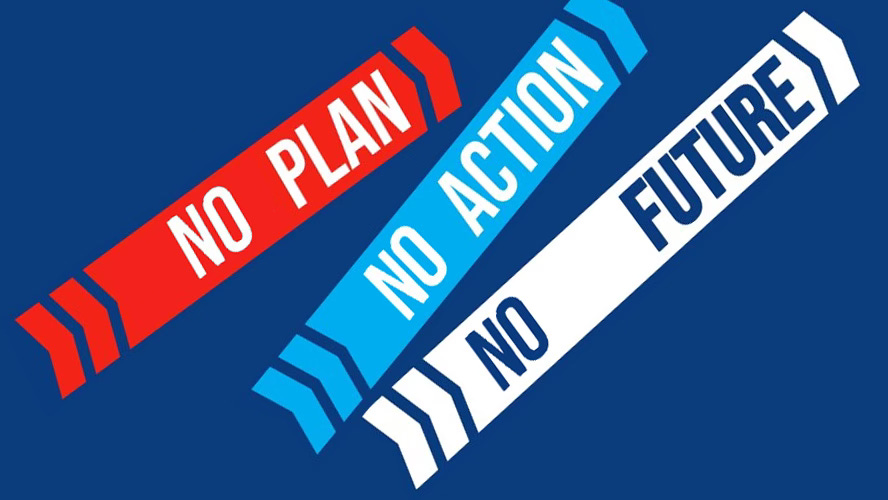The "Labour has no plan" attack makes no sense
I have no plan? No, you have no plan!
I’m really enjoying politics at the moment.
I almost forgot what it was like – or perhaps I was too young to ever truly experience it before1, because for virtually my entire adult life, the team I’m more sympathetic towards have been perennial losers.
Previous small victories for ‘my side’ – the boring centre-left – like Sadiq Khan winning in 2016 or Biden winning in 2020 were either relatively low stakes, or more of a sense of relief than a feeling of excitement about the possibilities that things can only get better2.
But this time around I’m entirely sold on the Starmer project and I’m unironically cheering it on. And it turns out that as much as I might pretend that I’m interested in politics for the issues, it’s also true that your team being in the ascendent feels incredibly good3.
However, there is still something that has been bugging me, that makes the (objectively very funny) election campaign annoying to follow: I just can’t fathom why the Tories have chosen to frame the contest as a battle of “Plan” vs “No Plan”.
In the abstract, it might sound like a smart idea. It’s something that has worked effectively many times before. It’s this election’s equivalent of “Long Term Economic Plan” or “Get Brexit Done”, and the theory is that if they hammer the message enough, it will stick in voters’ minds. That’s why every Conservative politician who hasn’t given up or jumped ship is telling us that Keir Starmer apparently has no plan, in every interview and social media clip.
The problem is though that the claim lacks any credibility because it is really obviously untrue.
We can see this at the most basic level of campaigning. Both parties have their bullet-point list of policies. Keir has his pledge card, containing six relatively measurable “retail” policies that Labour will enact if it wins.
And Rishi launched his premiership with five priorities – denial, anger, bargaining, depression and acceptance4.
So arguably, even without looking in any detail at what the parties have said or published, you can see at least something that vaguely resembles a ‘plan’ from both.
However, I'm going to be generous to the Tories here. Because realistically, the pledge card is not a real ‘plan’ in any meaningful strategic sense. A pledge card with six bullet points is not a fleshed out plan. And neither was five bullet points on a Powerpoint presentation at the start of 2023.
But what if we go deeper? Here’s what I find particularly infuriating about the attack – and I don’t think I’m being particularly partisan about this: Once you actually scratch below the surface, it’s overwhelmingly obvious that Labour is the party that has a plan for governing the country – and it is the Tories who do not.
And in the rest of this post, I’m going to tell you why, and how it all goes back to some clever decisions Keir Starmer made over a year ago.
Keep reading with a 7-day free trial
Subscribe to Odds and Ends of History to keep reading this post and get 7 days of free access to the full post archives.




